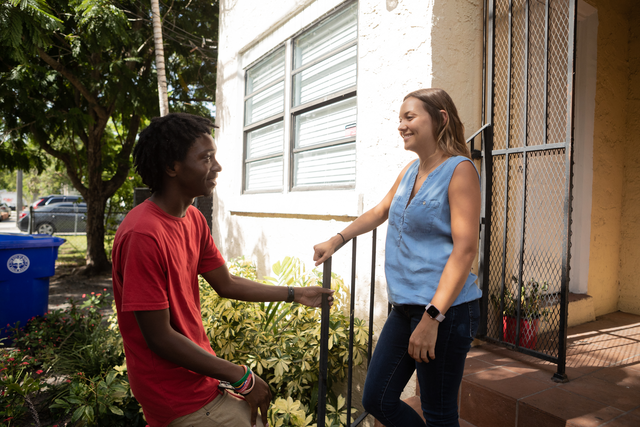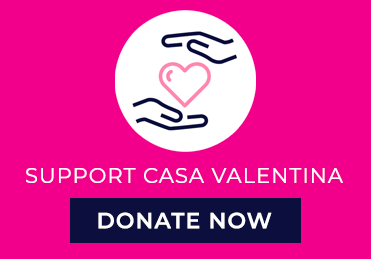At a recent conference in Virginia, a panel of adopted youth and older children in foster care developed a resource to help child welfare workers engage youth in foster care. They came up with ten helpful tips:
- Involve youth in creating their own case plans. Allow them to be proactive and use their knowledge about their own lives and relationships. Through this process, they will learn invaluable skills that will help them succeed once they leave the child welfare system.
- Maintain open lines of frequent, consistent and comfortable communication. This is essential to building a healthy relationship.
- Stay open minded, and listen actively to the young person’s opinions. Try to understand their perspective and incorporate their ideas into your work together.
- Maintain confidentiality as much as possible, and inform the youth when personal information must be shared. Keep the youth updated about things that affect them, to build trust.
- Understand that everyone makes mistakes, and that they are part of the learning process. Don’t define youth by their mistakes.
- Communicate with youth as early as possible about changes that will affect them, and help them plan for these changes.
- Speak and act in a way that shows respect. Get to know the youth, don’t treat them “like a piece of paper”.
- Engage youth in solving their own problems. Discuss issues with them and in front of them.
- Remain genuine, open, honest, and relateable.
- Remember that social workers are also role models. Help youth to learn from you and your experiences. Provide sound advice, guidance and feedback to help them make positive decisions and plans.




